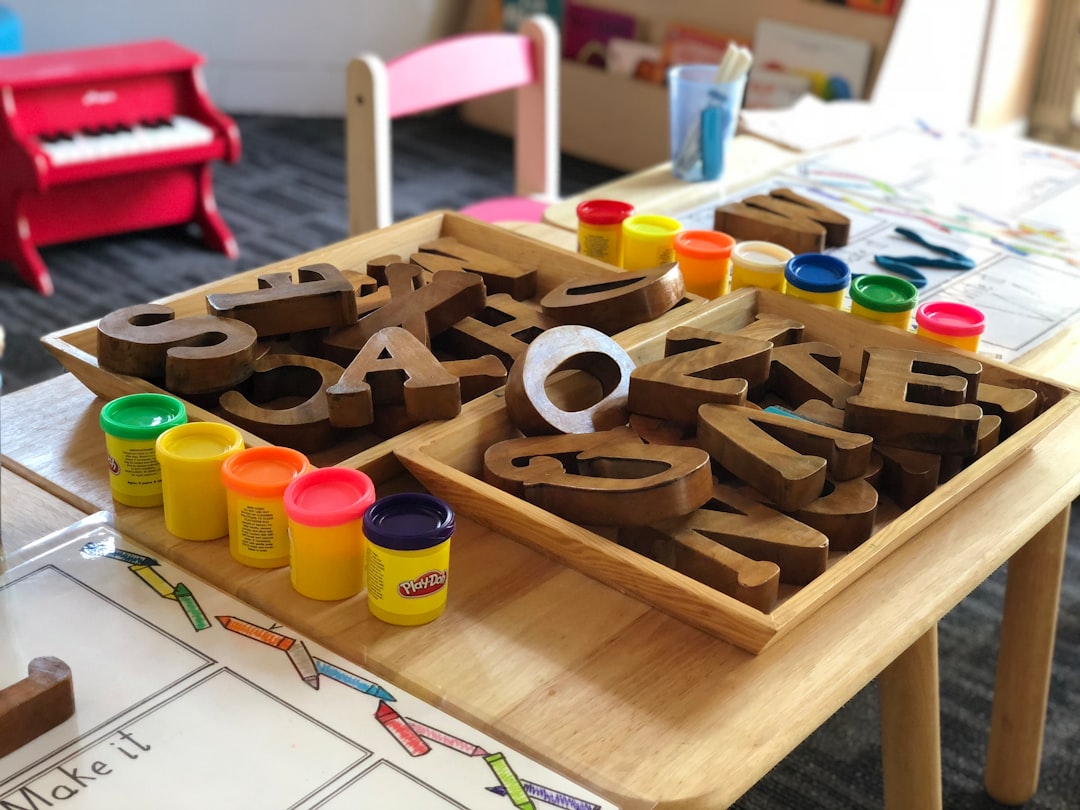Community programs in Ohio play a crucial role in preventing and addressing child neglect by offering support groups, parenting education, after-school activities, and resource hubs. These initiatives combine legal assistance with emotional support, child safety education, and family strengthening resources to break the cycle of neglect. Daycare facilities, with their structured environments and professional supervision, serve as safe havens for children and provide peace of mind to working parents. Ohio's robust legal framework protects children from sex abuse and ensures accountability, with strict reporting guidelines, thorough investigations, and harsh penalties. Community engagement, through partnerships between daycare centers, non-profits, and government agencies, coupled with workshops and peer support networks, raises awareness and empowers parents to prevent neglect. Evaluating these programs through longitudinal studies and qualitative assessments helps identify trends and attribute improvements, ensuring tailored, effective, and sustainable approaches to tackling child neglect in Ohio.
“Community programs play a pivotal role in preventing and reducing rates of child neglect, offering crucial support systems where families need it most. This article delves into the multifaceted impact of these initiatives, exploring how they create safe environments through dedicated daycare facilities. We analyze legal frameworks, particularly Ohio’s stringent sex abuse laws, and their effect on accountability. Additionally, we present effective strategies for community engagement and methods to measure the success of these programs, emphasizing the critical role of a daycare lawyer in protecting vulnerable children in Ohio.”
Understanding Community Programs: A Key to Preventing Neglect

Community programs play a pivotal role in preventing and reducing rates of child neglect, serving as a crucial safety net for vulnerable families. These initiatives often take various forms, from support groups and parenting education classes to after-school activities and resource hubs. By fostering a sense of belonging and providing essential services, community programs create an environment that empowers parents and caregivers, helping them navigate challenges more effectively.
In the context of Ohio, where a daycare lawyer for sex abuse might be needed to address past or present issues, community programs can serve as early intervention strategies. They offer not just legal assistance but also emotional support, education on child safety, and resources to strengthen family units. This holistic approach, which incorporates both legal and social services, is key to breaking the cycle of neglect and promoting the well-being of children within their communities.
The Role of Daycare Facilities in Fostering Safe Environments

Daycare facilities play a pivotal role in creating safe, nurturing environments for children, which is crucial in preventing neglect and promoting overall well-being. These institutions are designed to provide a structured setting where kids can learn, grow, and interact with peers under the supervision of trained professionals. A daycare lawyer for Sex Abuse Ohio highlights the significance of implementing robust policies and procedures to ensure child safety within these facilities.
By fostering a secure atmosphere, daycare centers empower children to build trust and form positive relationships, laying the groundwork for their social development. Furthermore, they offer critical support to working parents, providing them with peace of mind knowing their children are in capable hands while they attend to other responsibilities. This dual aspect—a safe haven for kids and relief for parents—contributes significantly to breaking the cycle of neglect and fostering healthy communities.
Legal Aspects: Protecting Children and Holding Offenders Accountable (with a focus on Ohio's laws regarding sex abuse)

In Ohio, the legal framework regarding sex abuse plays a pivotal role in addressing community neglect. Robust laws and regulations are in place to protect children and ensure that perpetrators are held accountable for their actions. These measures include strict guidelines on reporting suspected abuse, with daycare operators and staff members legally obligated to report any instances of suspected sexual misconduct involving minors. Ohio’s statutes also mandate thorough investigations and swift justice, which can involve prison sentences and registration as a sex offender for convicted abusers.
For victims seeking justice, connecting with a daycare lawyer specializing in sex abuse cases in Ohio is crucial. These legal professionals are equipped to navigate the complexities of state laws, ensuring that rights are protected and offenders are held accountable. By leveraging their expertise, victims can access the support they need to heal and rebuild their lives while contributing to the broader goal of reducing rates of neglect within communities across Ohio.
Strategies for Effective Community Engagement to Combat Neglect

Community engagement is a powerful tool in the fight against neglect and abuse, especially for vulnerable populations like children. Effective strategies can ensure that support networks are built and maintained, empowering residents to take proactive measures. One key approach is fostering partnerships between local organizations, including daycare centers, non-profit groups, and government agencies. These collaborations can lead to comprehensive programs that address the root causes of neglect, offer educational resources, and provide access to legal aid, such as consulting a daycare lawyer for sex abuse in Ohio.
By combining efforts, these entities can create sustainable solutions. For instance, community events and workshops can raise awareness about child safety, parenting skills, and available support services. This engagement equips parents or caregivers with the knowledge to recognize and prevent neglectful situations, fostering a culture of care and accountability. Additionally, peer support networks can be established, where individuals share experiences and offer guidance, creating a sense of community and empowerment.
Measuring Success: Evaluating the Impact of Programs on Reducing Neglect Rates

Evaluating the success of community programs aimed at reducing neglect rates is a critical step in understanding their true impact. This process involves meticulous data collection and analysis to quantify improvements in child safety and well-being. One effective method is through longitudinal studies, tracking specific communities over an extended period to observe changes in neglect incidents. Researchers can compare neglect rates before and after program implementation, identifying trends and attributing any reductions to the community initiatives.
Additionally, qualitative assessments from key stakeholders, such as daycare lawyers in Ohio specializing in sex abuse cases, can provide valuable insights. Their expertise offers a nuanced view of the program’s effects on child protection systems. These professionals can share success stories, highlight challenges overcome, and offer recommendations for improvement, ensuring that community programs are effective, tailored, and sustainable solutions to tackling neglect.





